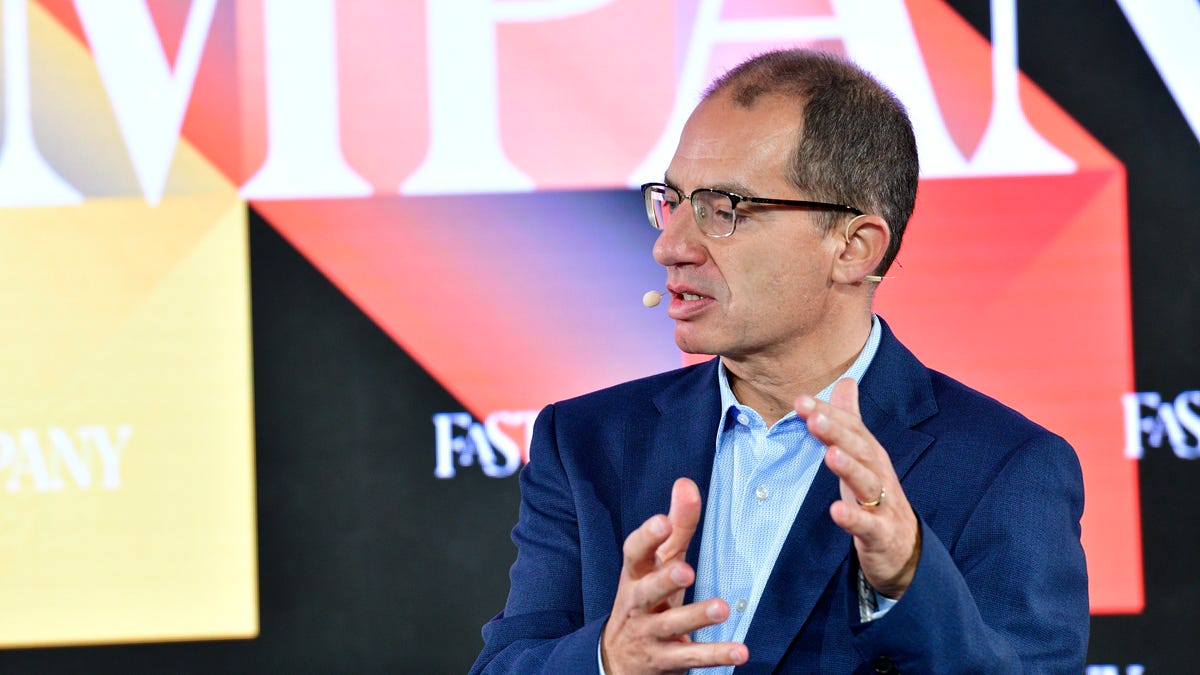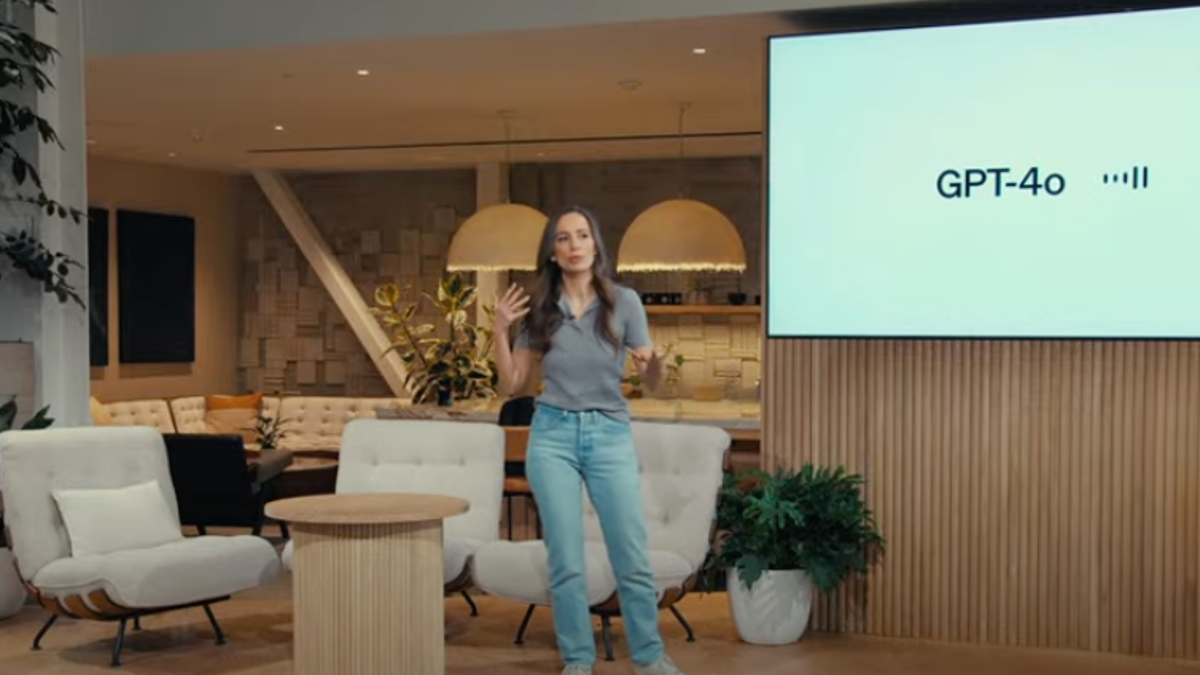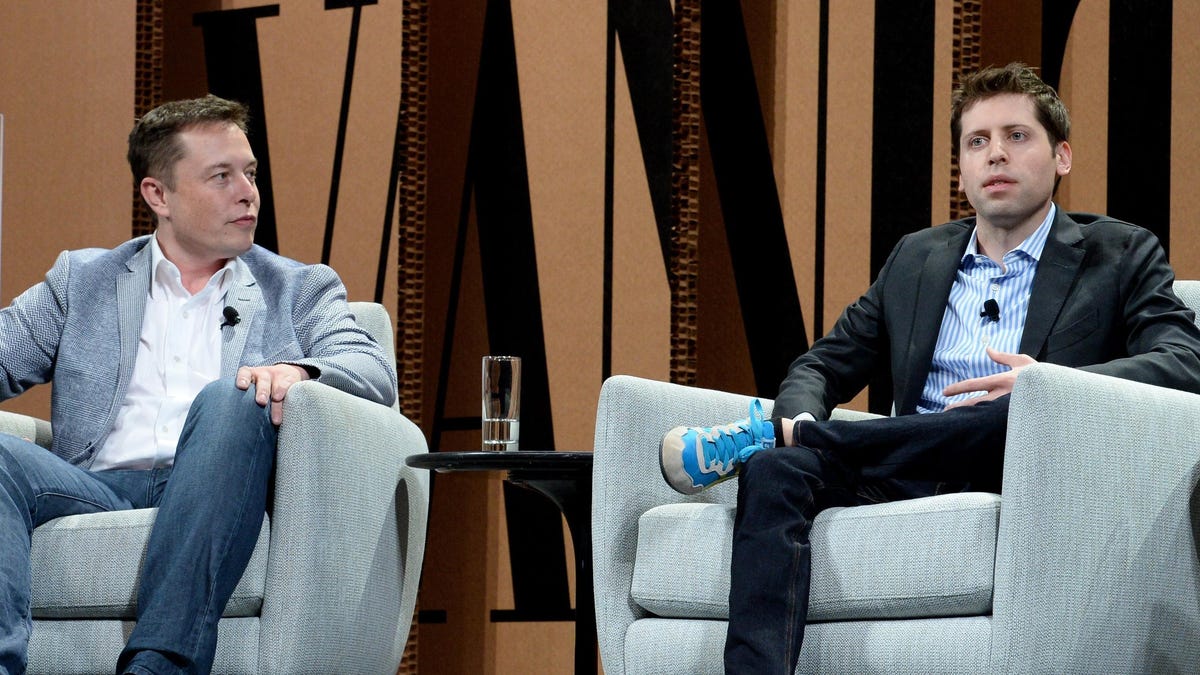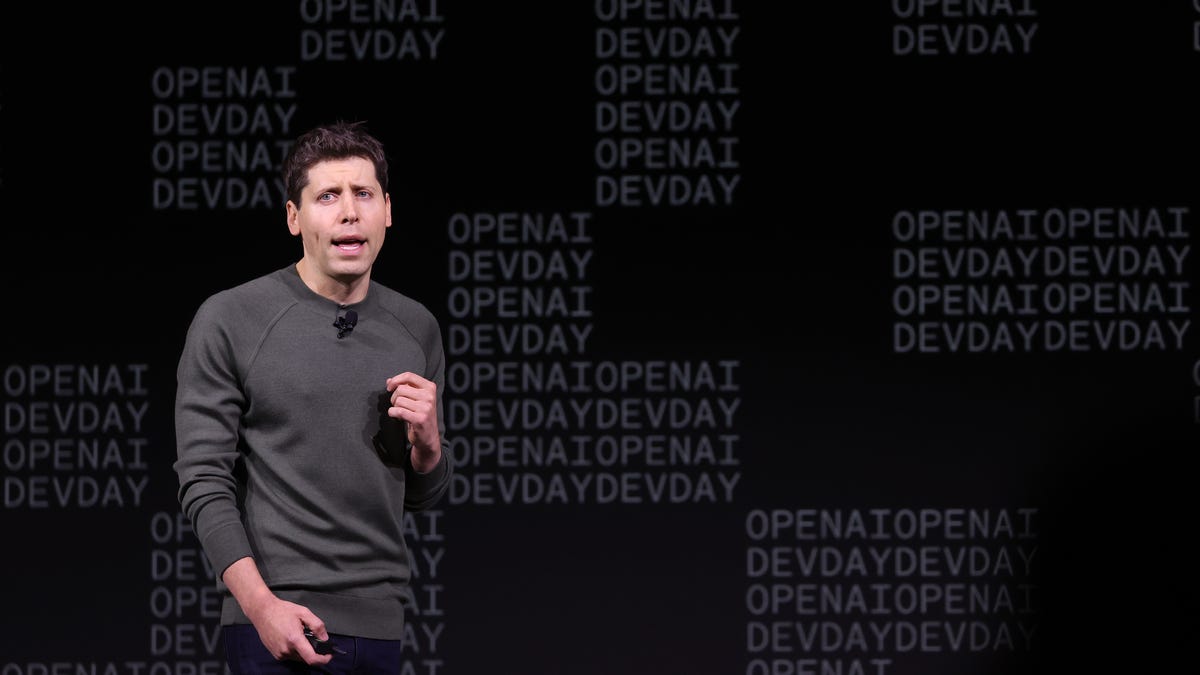One of the world’s top vaccine-makers is partnering with a major AI company to advance medicine — and its chief executive is excited.
Moderna and OpenAI announced an ongoing partnership Wednesday to embed AI across Moderna’s business, giving its teams — including legal, research, and manufacturing — access to ChatGPT Enterprise. The company said integrating AI into its business could help it beat its expectations to launch 15 new products in the next five years, according to the Wall Street Journal.
Stéphane Bancel, Moderna’s chief executive, told the Journal the partnership will be key to advancing the vaccine-maker’s business process as it moves beyond the COVID-19 vaccine to produce other mRNA medicines that can prevent similar viruses and treat cancer. Bancel told the Journal he’s been obsessed with ChatGPT since it was released at the end of 2022, and that his goal is for Moderna’s employees to use it no less than 20 times a day. He added that employees are keen to use the chatbot in their work.
“Just as the introduction of the personal computer in the 1980’s changed the way we work and live, AI is on a path to completely transform our everyday lives — and OpenAI is helping to lead the way,” Bancel said in a statement. “Moderna has an ambitious plan to launch multiple products over the next few years, and collaborations with companies like OpenAI are critical to our ability to scale and maximize our impact on patients.”
The collaboration between Moderna and OpenAI started in 2023 with the launch of Moderna’s version of ChatGPT called mChat. Since then, Moderna has deployed over 750 GPTs, or generative pre-trained transformers, to automate its business, including GPTs tailored to select dosages for clinical trials. GPTs are a type of large language model (LLM) developed by OpenAI.
“Moderna is leading the way by empowering all of its employees to use AI to tackle complex problems,” Sam Altman, OpenAI chief executive said in a statement. “We look forward to continuing to collaborate with Moderna to bring a new generation of medicines to patients in need.”
This article originally appeared on Quartz.








